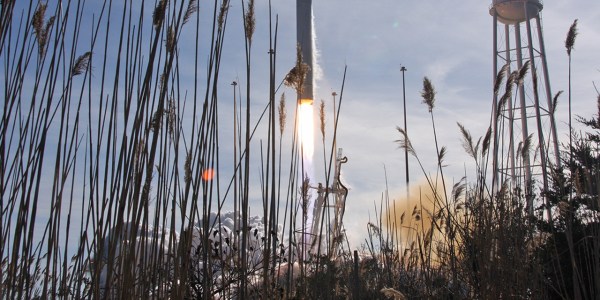Russia lacks a viable program for developing a new spacecraft and will likely fall behind in the space race, a veteran Russian cosmonaut said in an interview published Friday.
Efforts to build a successor to the 40-year old Soyuz spacecraft have dragged on with no end in sight, Mikhail Tyurin told the Novaya Gazeta newspaper.
Tyurin, a veteran of two missions to the International Space Station in 2001 and 2007, blamed the slow progress on a lack of clear goals and poor coordination.
"They have issued an order for a new spacecraft without having any concept," Tyurin said.
He said officials' talk of using the ship to fly to the International Space Station, and then the moon and Mars, are unfeasible. "One vehicle can't be both a steamroller and a Formula One racer," he said.
Russia's Federal Space Agency had no immediate comment.
Last month, its chief, Anatoly Perminov, proposed building a new nuclear-powered spaceship for prospective manned missions to Mars and other planets. He offered few specifics, and the proposal sounded more like a plea for funds than a specific project.
Slideshow 12 photos
Month in Space: January 2014
Tyurin said that work on the prospective ship has proceeded slowly, with engineers continuing to argue over such basic things as whether the new spacecraft should come back using parachutes, like the Soyuz, or land like a plane, similar to the U.S. shuttles.
Russia has used the Soyuz and Progress spacecraft, whose design dates back to the 1960s, to send crews and cargo to the International Space Station. It stands to take an even greater role in space exploration in the coming years.
NASA's plan to retire its shuttle fleet next year will force the United States and other nations to rely exclusively on the Russian spacecraft to ferry their astronauts to the station and back to Earth until NASA's new manned ship becomes available.
But Tyurin warned that the failure to develop new space technologies would relegate Russia to a secondary role in the near future.
"Very soon, no one will need the Russian space program," he said. "Our partners already have got all they could from us. They won't take us into the future."
